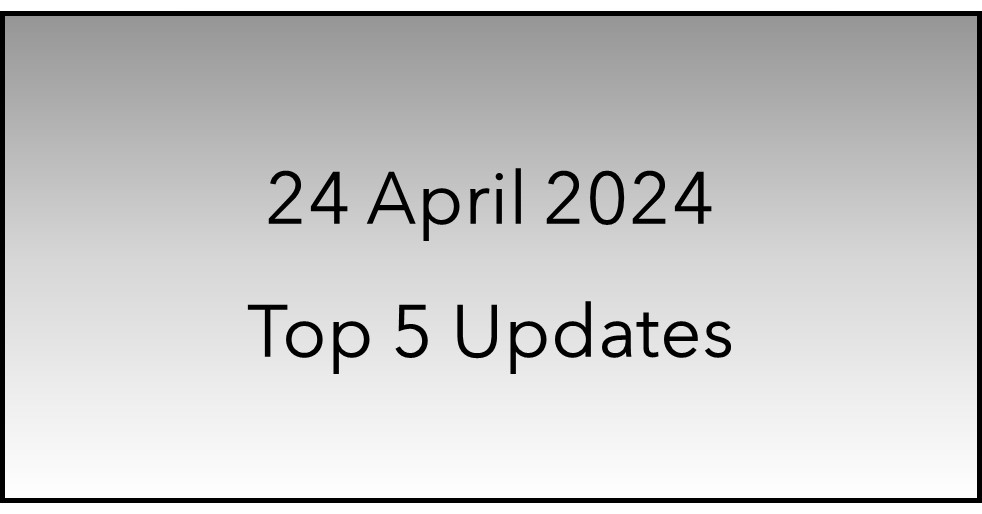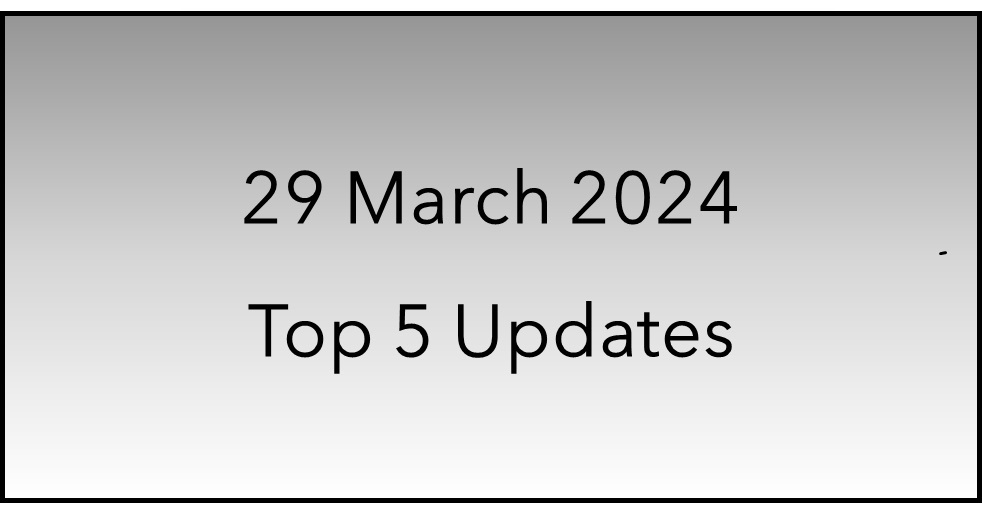India’s Supreme Court extends scope of misleading advertisement review to multinational and domestic FMCG manufacturers, doctors
In a proceeding against a major Ayurvedic products manufacturer for publication of misleading advertisements, India’s Supreme Court has clarified that the decisions and orders made in the ongoing case is not limited to the a particular manufacturer, rather is directed to all FMCG companies who are publishing misleading advertisements and doctors who are endorsing medicines to public after accepting consideration from pharmaceutical companies.
Source: bit.ly/44b832P
Indian Government to scrutinize organ transplants closely after receiving reports of foreign nationals involvement in organ donation
India’s Union Health Ministry, through the office of Director General of Health Services (DGHS), has ordered state authorities to compulsorily create a NOTTO (National Organ and Tissue Transplantation Organization) ID maximum within 2 days for the donor and recipient for both living-donor and deceased-donor transplants, citing reports of purported commercial dealings in organ transplants involving foreign nationals.
Source: bit.ly/3WcUKgk
New Telehealth Accreditation Program introduced in US
It has been reported that leading not-for-profit agencies in the US such as Joint Commission and National Committee for Quality Assurance (NCQA) will begin offering accreditation for telehealth services to qualified hospitals, ambulatory care centres, and behavioural health organizations in 2024. The accreditation is aimed at filling the gap of legally enforceable telehealth standards in the US.
Source: bit.ly/3W8MKgg
Employee non-compete clauses may soon be illegal in the US
The US Federal Trade Commission (FTC) has issued a final rule to promote competition by banning non-compete clauses in employee contracts nationwide. As per FTC, non-compete covenants in contracts prevent workers from taking a new job or starting a new business, which in turn harms competition.
Source: bit.ly/3UtDRg2
French Government to turn down bid from foreign pharmaceutical companies to buy domestic generic company
The Government of France is reportedly going to block foreign bidders including two Indian pharmaceutical companies from attempting to purchase a domestic generic pharmaceutical manufacturer. As per the French government, this decision has been taken in the national interest to safeguard the supply chain of medicines.
Source: bit.ly/3W8MIFa



